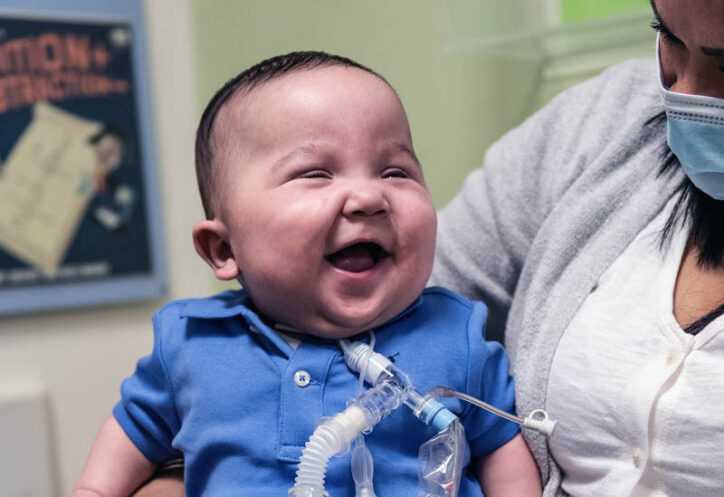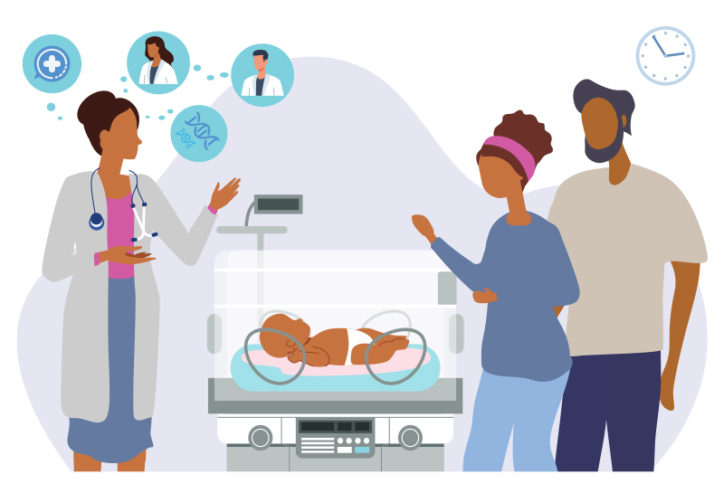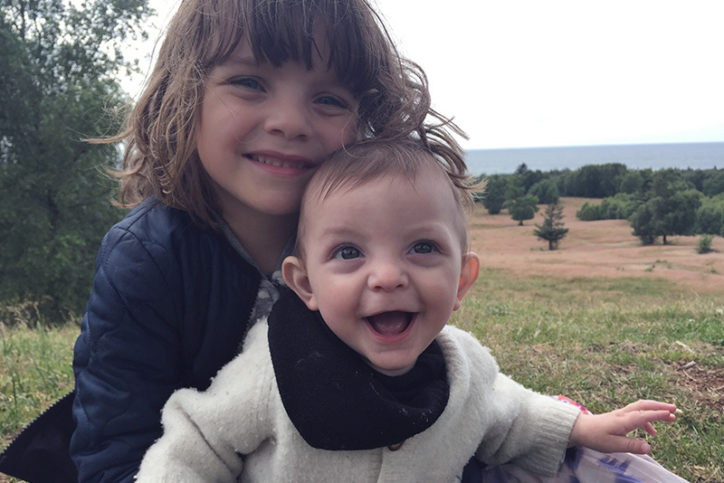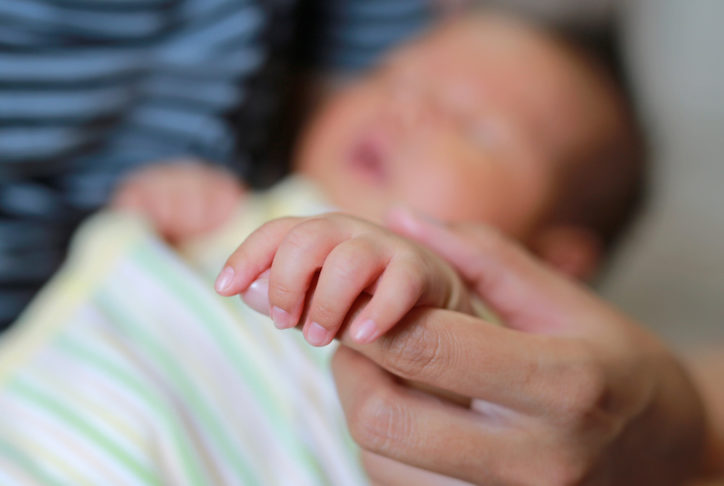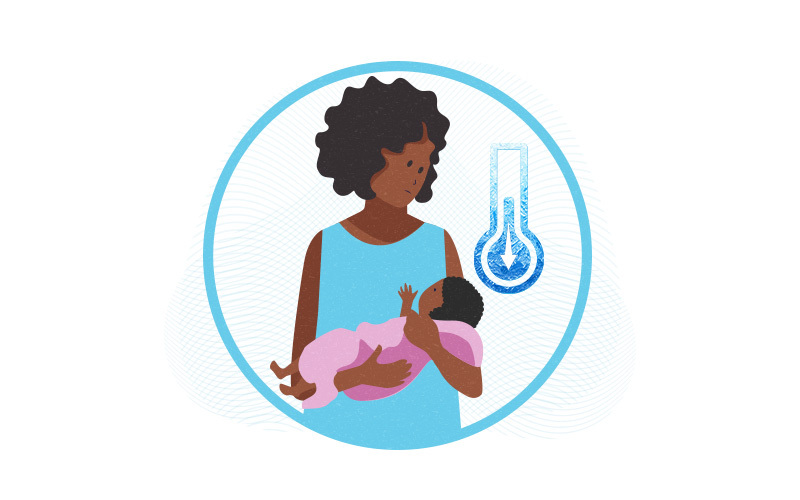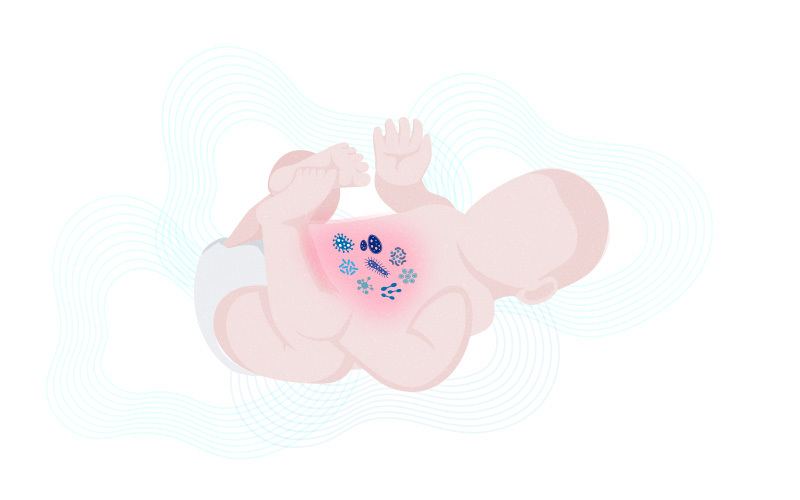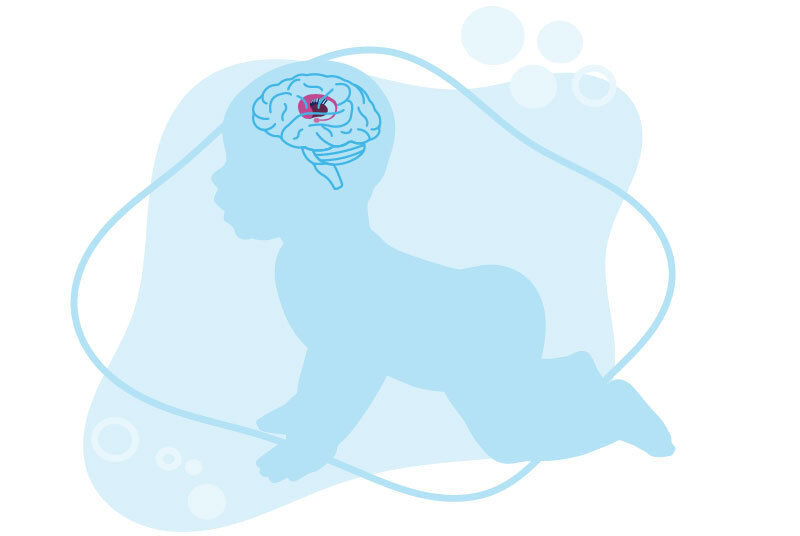Archive for newborn medicine
Bringing Xavien home: One family’s journey with bronchopulmonary dysplasia
Xavien Velazquez is getting ready to celebrate his first birthday. It’s a milestone for every child but especially meaningful for this little boy who has spent more than half his life away from home receiving care for bronchopulmonary dysplasia (BPD), a chronic lung disease characterized by respiratory distress that is most often seen in newborns ... Read More about Bringing Xavien home: One family’s journey with bronchopulmonary dysplasia
Using genetics to glimpse newborns’ future with congenital heart disease
Aside from infections, congenital heart disease (CHD) is the leading cause of infant mortality. Informed by babies she sees in the NICU, Sarah Morton, MD, PhD, attending physician in the Division of Newborn Medicine at Boston Children’s, has devoted her career to understanding CHD’s genetic causes. Her findings are shedding light on what parents and ... Read More about Using genetics to glimpse newborns’ future with congenital heart disease
Bringing genomics to community NICUs
About a year and a half ago, Robert Rothstein, MD, FAAP encountered a baby with a pattern of facial features and clinical findings that suggested a genetic syndrome. The available tests couldn’t pinpoint a diagnosis, and the family wanted a more definitive answer. So Rothstein and his colleagues transferred the newborn from Baystate Medical Center ... Read More about Bringing genomics to community NICUs
Solving neurodevelopmental mysteries, one gene, one child at a time
Suheil Day was born early, at 37 weeks. Aside from a slight head lag and mild muscle weakness, nothing seemed terribly amiss. But as the months progressed, he began having seizures. “At the age of 4 to 5 months, he started waking up screaming and crying excessively, his eyes rolling up into his head,” says ... Read More about Solving neurodevelopmental mysteries, one gene, one child at a time
A promising new antiseizure drug tailored to newborns
Neonatal seizures can lead to serious consequences, including significant cognitive and motor disabilities, lifelong epilepsy, and death. They are often highly resistant to treatment, in part because seizures in newborns are fundamentally different from seizures in older children and adults. Yet they are treated in much the same way as older patients, with little change over the decades. Better treatment is ... Read More about A promising new antiseizure drug tailored to newborns
Tagged: clinical trials, drug development, epilepsy, neurology, newborn medicine, research, seizures
A legend for Zora: How genomic testing provides answers in the face of grief
So often after a perinatal loss, parents are left with uncertainty about what caused their baby’s death and the haunting question, “what if.” To help grieving families find answers to these questions, Dr. Monica Wojcik and her colleagues in the Division of Newborn Medicine are conducting genomic autopsies to learn if and what genetic factors ... Read More about A legend for Zora: How genomic testing provides answers in the face of grief
A successful, low-cost reusable treatment for infant hypothermia
Key Takeaways Infant hypothermia leads to about one million deaths each year, primarily in low- and middle-income countries.A study in rural Rwanda of a non-electric infant warmer developed by Boston Children’s showed it successfully raised infants’ core temperatures and improved survival in preterm infants with hypothermia Infant hypothermia contributes to approximately one million deaths each ... Read More about A successful, low-cost reusable treatment for infant hypothermia
Tagged: global health, newborn medicine, research
Piecing together the preterm infant microbiome
The human microbiome — the collection of microbes living in the gut — is now recognized as an important contributor to health and disease. The environment, the host, and microbe-microbe interactions are all likely to shape the microbiome’s dynamics, but the unique roles of each are not well understood. Now, a Boston Children’s Hospital infectious ... Read More about Piecing together the preterm infant microbiome
Newborn genetic screening for pediatric cancer risk could save lives
Numerous genetic mutations increase children’s risk for various cancers. When they are detected early, cancers can potentially be caught at an early, more treatable stage — or avoided entirely. Could adding such “cancer predisposition” genes to routine newborn “heel-stick” screening save lives? Lisa Diller, MD, chief medical officer at the Dana-Farber/Boston Children’s Cancer and Blood ... Read More about Newborn genetic screening for pediatric cancer risk could save lives
Tagged: cancer, genetics and genomics, newborn medicine, oncology, policy, research
Tuber locations associated with infantile spasms map to a common brain network
About half of all babies with tuberous sclerosis complex (TSC) develop infantile spasms, a type of epilepsy that can have serious long-term neurologic consequences. Infantile spasms occur more often in children who have more brain tubers — groups of cells that do not divide into normal neurons and brain cells — but we haven’t known ... Read More about Tuber locations associated with infantile spasms map to a common brain network
Tagged: neuroscience, newborn medicine, tuberous sclerosis


